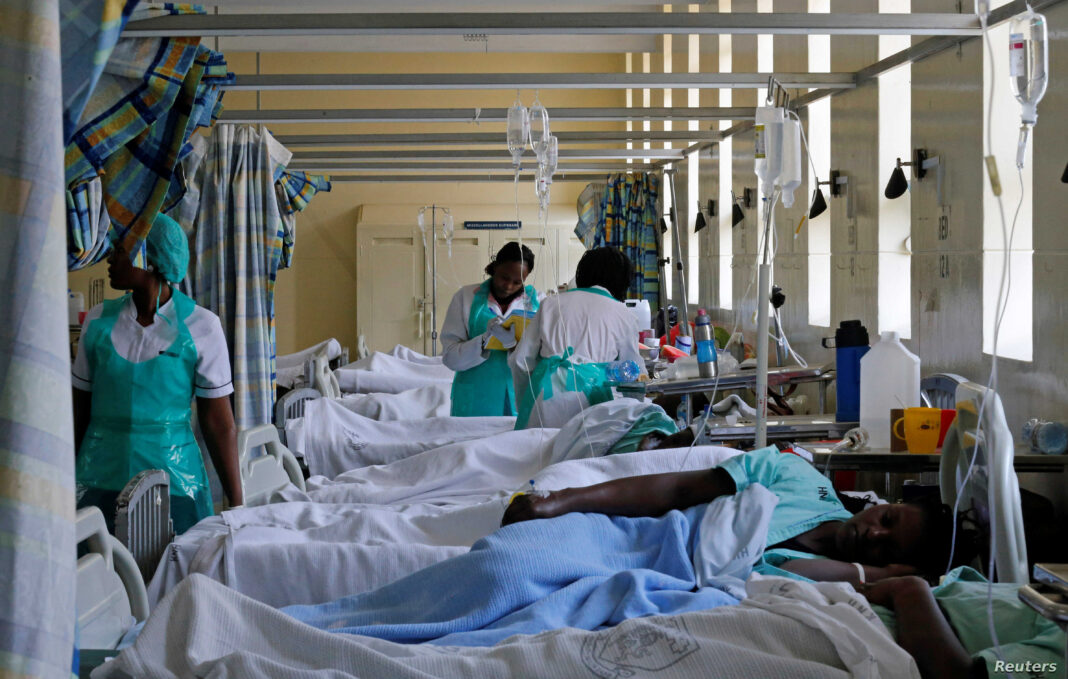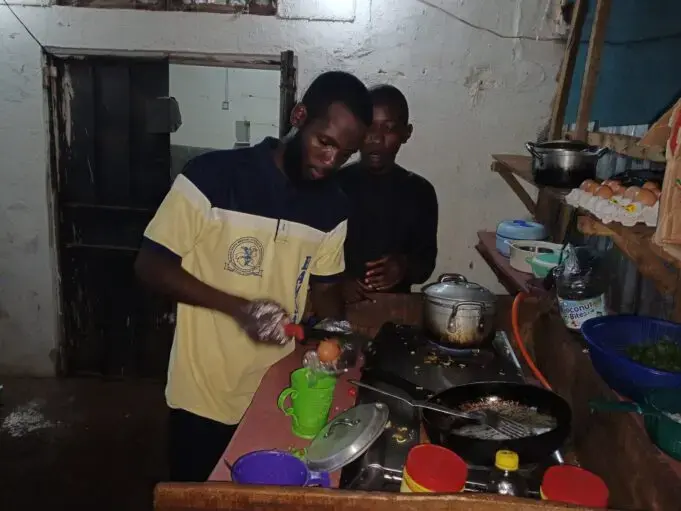By Joyce Remi-Babayeju
Nigeria Center for Disease Control, NCDC , has disclosed that presently Nigeria is battling 2187 confirmed cases of Cholera in 31 states with 233 deaths from January to 25 of September, 2022.
This was released by the NCDC website Public Advisory on Cholera and Water , Sanitation and Hygiene in Nigeria signed by NCDC Director General, Dr. Ifedayo Adetifa.
According to NCDC, the outbreak was heightened by limited access to clean water and sanitation facilities, open defecation, and poor hygiene practices.
In response, the agency said it has moved to support affected states in risks communication, active case search, case management, and water, sanitation, and hygiene (WASH) interventions through it’s
multi-sectoral National Cholera Technical Working Group (TWG) together with partners include the Federal Ministries of Environment and Water Resources, (NPHCDA), the World Health Organization (WHO), United Nations Children’s Fund (UNICEF).
NCDC urged Nigerians to keep their environments clean, only drink or use water that is boiled and stored safely, ensure food is cooked and stored in a clean and safe environment, avoid open defecation, and wash their hands regularly with soap and running water.
The agency however warned that medical interventions alone are not sufficient to address the root causes -water, sanitation, and hygiene (WaSH) – of cholera outbreaks.
The NCDC Report stated, ” Cholera is a waterborne disease, which risk of transmission is higher in areas that lack adequate sanitation facilities and/or a regular supply of clean water. Unsafe practices such as improper disposal of refuse and open defecation endanger the safety of water used for drinking and personal use. These practices lead to the spread of water-borne diseases such as cholera. “
“Without proper WaSH, Nigeria will continue to be at risk of cholera outbreaks along with the associated suffering and deaths. “
“The long-term solution for cholera control lies in access to safe drinking water, maintenance of proper sanitation (especially the discontinuation of open defecation) and the practice of
hygiene.”
It called on State governments to priorities citizens access to and use of safe water, basic sanitation, and proper hygiene practices in Communities.





